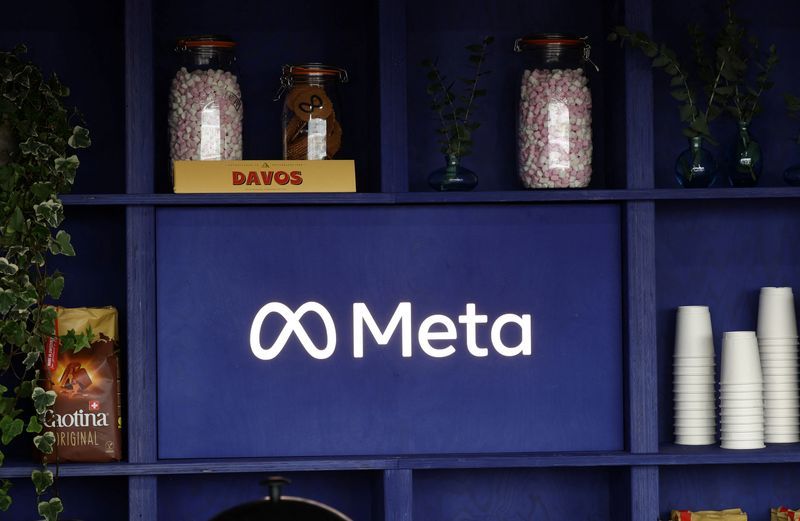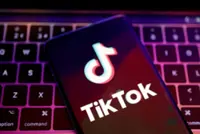
An advertisement for the Huawei Technologies Co Pura 70 Ultra smartphone in Shanghai, China, on May 3, 2024. Huawei intends to release a successor to its marquee smartphone, the Mate 70, at the end of the year, Yu said. — Bloomberg
Huawei Technologies Co is closing in on a billion active consumer devices, underscoring how the US-sanctioned company is taking the battle to Apple Inc in the pivotal Chinese market.
There’re now some 900 million Huawei gadgets installed with its inhouse Harmony operating software, up significantly from just a few months ago, consumer business Chairman Richard Yu said. Sales of premium Huawei smartphones climbed 72% in the first five months of 2024, he told attendees at an annual developer forum Friday.
Those numbers illustrate the phenomenal growth Huawei’s phones have enjoyed since it unveiled the Mate 60 Pro, which contained a 7-nanometer processor that Washington officials didn’t think Chinese firms capable of developing. Business has boomed since, helping Huawei more than quintuple profit during the March quarter and take market share from Apple and Chinese rivals.
“No one can extinguish the starlight in the sky. Today, the future of HarmonyOS is set,” Yu told his audience. “Let’s enjoy the brilliant galaxy that belongs to us.”
Huawei intends to release a successor to its marquee smartphone, the Mate 70, at the end of the year, Yu said. That’s likely to run on HarmonyOS Next, which will sever remaining ties to Google’s Android. Huawei plans to release a beta version for consumers around August, Yu said.
Huawei has taken HarmonyOS beyond smartphones in past years and into products from watches to TVs. The Chinese company shipped about 11 million wearables in the first quarter, surpassing Samsung Electronics Co, according to IDC. That helped Harmony OS overtake Apple’s iOS in Chinese market share during the January-March period, according to Counterpoint Research. The main driver, however, remained the rising popularity of Huawei’s phones, Counterpoint added.
Huawei is getting more aggressive at attempting to profit from HarmonyOS as its user base surge. It’s considering taking a cut of in-app purchases, underscoring a growing confidence in competing with the iPhone – though there’s likely to be at least one notable exception, Tencent Holdings Ltd’s WeChat.
It’s also making progress on the AI front with the Ascend GPU, part of a growing portfolio of chips that prompted Nvidia Corp chief executive Jensen Huang to call Huawei a formidable rival.
Chinese firms including Huawei are developing local alternatives to the most powerful AI accelerators that the likes of Nvidia make, which Washington has barred from the country. That effort is considered key to Beijing’s broader ambitions of catching up with the US in AI and chipmaking.
On Friday, Yu said its Ascend processors are 1.1 times more effective in training AI models compared with mainstream offerings, though he stopped short of naming specific firms. His company has so far set up three AI data centers powered by Ascend chips in China, helping local firms develop and host artificial intelligence services. – Bloomberg









































